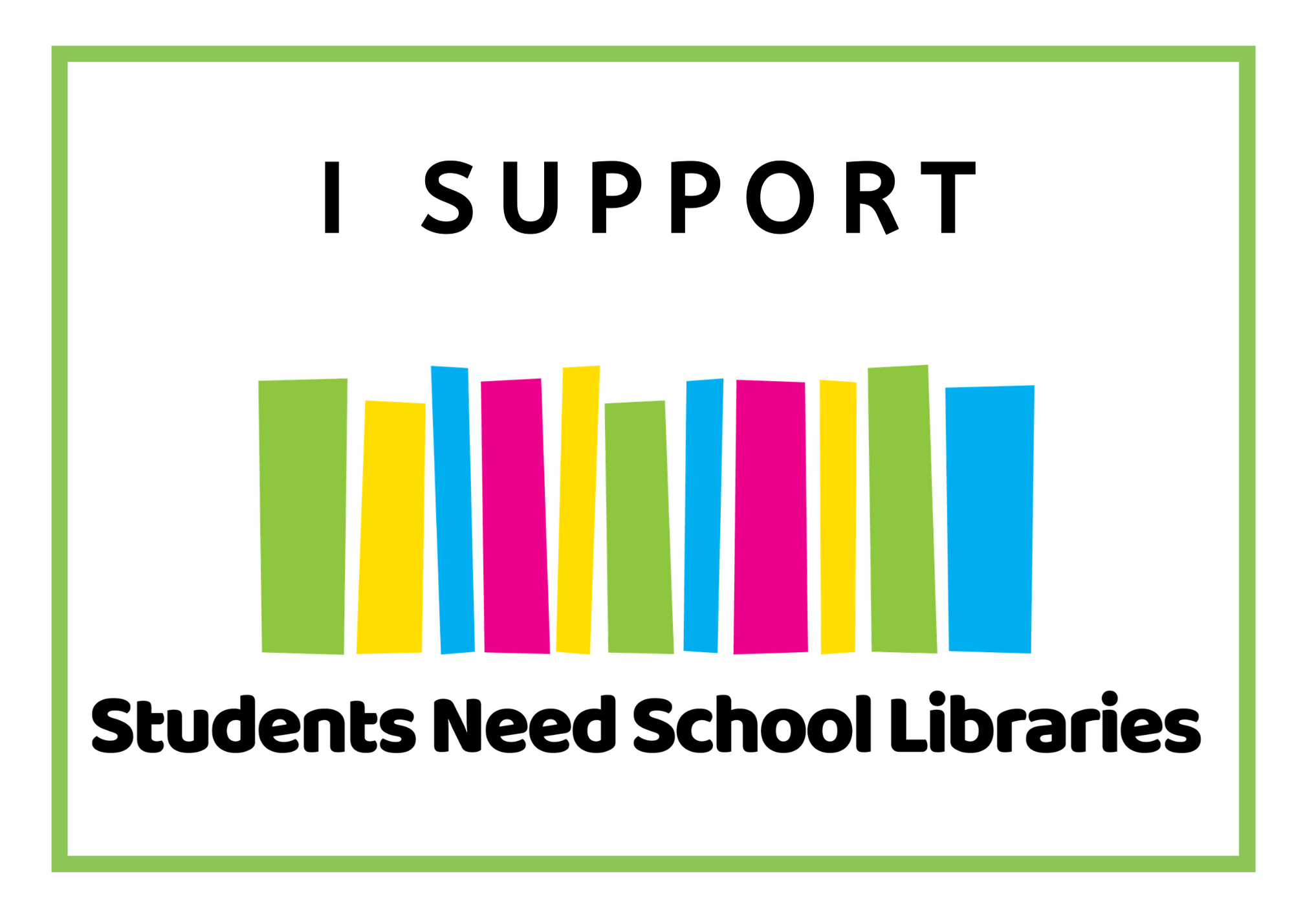
100 Days of Sunlight – Abbie Emmons – Published 7 August 2019
♥♥♥
Synopsis
Terrified that her vision might never return, Tessa feels like she has nothing left to be happy about. But when her grandparents place an ad in the local newspaper looking for a typist to help Tessa continue writing and blogging, an unlikely answer knocks at their door: Weston Ludovico, a boy her age with bright eyes, an optimistic smile…and no legs.
Knowing how angry and afraid Tessa is feeling, Weston thinks he can help her. But he has one condition — no one can tell Tessa about his disability. And because she can’t see him, she treats him with contempt: screaming at him to get out of her house and never come back. But for Weston, it’s the most amazing feeling: to be treated like a normal person, not just a sob story. So he comes back. Again and again and again.
Tessa spurns Weston’s “obnoxious optimism”, convinced that he has no idea what she’s going through. But Weston knows exactly how she feels and reaches into her darkness to show her that there is more than one way to experience the world. As Tessa grows closer to Weston, she finds it harder and harder to imagine life without him — and Weston can’t imagine life without her. But he still hasn’t told her the truth, and when Tessa’s sight returns he’ll have to make the hardest decision of his life: vanish from Tessa’s world…or overcome his fear of being seen.
My thoughts
What if you couldn’t see? What if someone couldn’t see you? Does it change how you judge people, judge the world? 100 Days of Starlight is a teenage love story, but it is also a story about resilience and learning to get back up when knocked down by life.
A car crash leaves Tessa temporarily blind. Now Tessa refuses to write her poetry or leave the house, so her grandparents place an ad for a helper. Weston sees the ad at his father’s paper just before it’s pulled from publication and decides Tessa is someone he can help. As a double amputee, the idea of someone getting to know him without seeing him is very appealing. At first reluctant to work with Weston, Tessa pushes him away in every way she can, but he doesn’t give up – determined to show her that life is about more than what she can see.The chapters, split evenly between Weston and Tessa, focus almost entirely on their interactions. We don’t learn a lot about their lives outside of what is happening between the two of them – Tessa, mostly because nothing else is happening. Fortunately, half of Weston’s chapters take us back three years ago to the time of his accident and subsequent duel amputation, filling in backstory and giving readers a better idea of his life and motivations.
The first person narration places readers directly alongside the main characters. It also gives readers direct access to their thinking and, sometimes false, ideas. Tessa’s thoughts about being blind and how depressed that makes her, how she thinks that makes her pathetic are not exactly inspired or uplifting. Nor does it reflect in any way the true strength and abilities of those with visual impairment. 100 Days of Sunlight is not a book that starts out by promoting an ‘I can do anything, this doesn’t change my life’ attitude. Just the opposite in fact. Tessa is sad, whiney, and yes, while I understand it’s hard, it takes her some time and lots of help from Weston to come around to a more positive way of thinking. This book has to start with a sad, whiney character because that’s what gives us the character growth.
Weston is sort of a boy wonder. Positive, a great brother, strong and determined. His chapters reveal his doggedness and desire to take the hard road. He did, at times, sound like a therapy room’s motivational poster, but there is no denying his great attitude.
100 Days of Sunlight, with themes of positive attitude, acceptance and resilience woven throughout, is a fun teenage romance.
The publishers provided an advanced readers copy of this book for reviewing purposes. All opinions are my own.
More information
Category: Young adult fiction
Genre: Contemporary.
Themes: Disability, friendship, vision impairment, poetry, writing, romance, amputation, family.
Reading age guide: Ages 12 and up.
Advisory: Coarse language, sh** (18), pi** (6), as***** (2).
Published: 7 August 2019
Format: ebook. 352 pages.
ISBN: 9781733973304


Leave a Reply